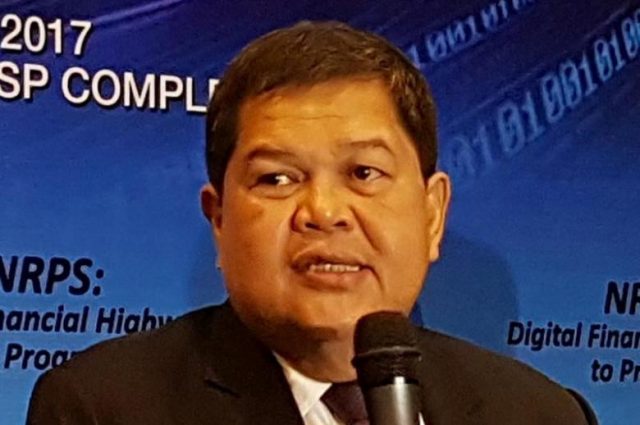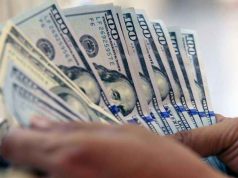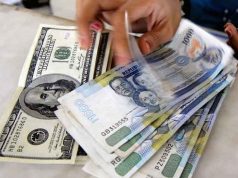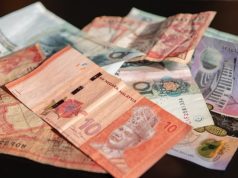MANILA – Foreign Exchange (FX) executives in the Philippines view any further US rate hikes as the biggest macro issue affecting the peso and its economic growth in 2017, according to the results of a Bloomberg survey released today. Other challenges raised include global political uncertainty, export growth and US economic and trade policy.
The findings came from a Bloomberg FX17 event in Manila where Nestor Espenilla Jr., Governor of Bangko Sentral ng Pilipinas, was the keynote speaker. The event also included a dialogue with Dr. Mark Mobius, Executive Chairman of Templeton Emerging Markets Group. Nearly 100 FX bankers, traders, brokers and corporate treasurers convened to discuss the challenges and opportunities in the FX market and factors driving economic growth. The event on August 30 was sponsored by Bloomberg’s FX Electronic Trading business.
Bloomberg’s poll showed that the vast majority of respondents (66.2 percent) expect FX trading deregulation in the Philippines to bring more opportunities to businesses, compared to those who see limited impact (16.9 percent) and others who say it will bring some opportunities with more downfalls (12.7 percent).
Most respondents expect the US dollar (33.8 percent) and the Euro (32.4 percent) to be the best performing currencies in 2017, followed by the Japanese yen (13.5 percent), Chinese yuan (8.1 percent) and British pound (2.7 percent).
Sixty percent of those polled expect that by the end of 2017, the USD/PHP exchange rate would be above 51.5, while 28.8 percent believe that it will range between 51.0 and 51.5. Only 11 percent expect the USD/PHP rate to fall below 51.0.
In the second quarter of 2017, GDP for the Philippines recorded a 6.5 percent growth, behind China, but ahead of the 10 states in the Association of Southeast Asia Nations. When asked what the biggest risk to the Philippines’ economic growth this year, half mentioned portfolio rebalancing from US rate adjustment. About a quarter (23.9 percent) pointed to inward policies in advanced economies as the key risk and only 6 percent felt the China slowdown was a factor. Over half (58.6 percent) of respondents felt both foreign and local investors view the Philippines as an attractive investment destination next year.
“As ASEAN celebrates its 50th anniversary, the Philippines has emerged as among the fastest growing economies in the region,” said Andrea Mosconi, Head of ASEAN, Bloomberg. “While market participants around the world are facing pressure from global regulations, investors may see a unique opportunity in the Philippines because of its liberalized investment policies. As a long-standing partner to its financial community, Bloomberg will continue to bring our leading edge technology to help banks, corporations and financial institutions manage risk and achieve operational efficiency.”
Last year, Bloomberg launched the Tri-Party ticketing system for the interbank community in the Philippines and received local endorsement for the Bloomberg Philippine Local Sovereign Index (BPHILR) as benchmark indices for the domestic bond market.








